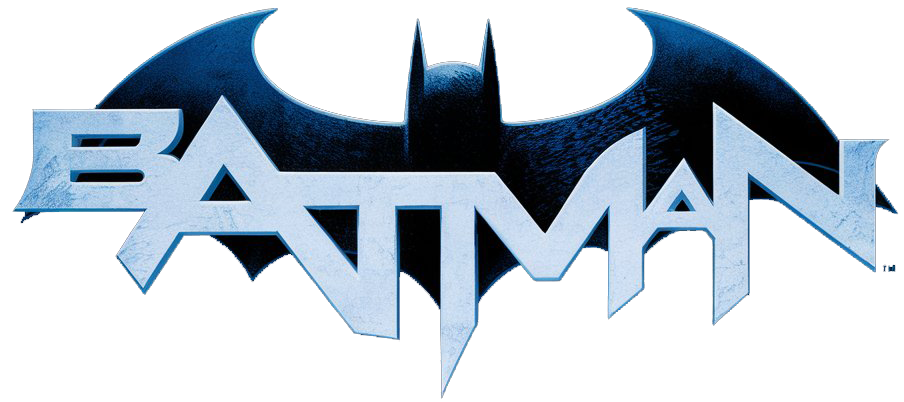Introduction
In a recent development, Paolo Ardoino, CEO of Tether, strongly refuted allegations reported by The Wall Street Journal (WSJ) that the company is under investigation by the U.S. government for potential links to illegal activities. These allegations suggest Tether’s involvement in aiding illegal financial flows, including those linked to terrorism and sanctions evasion. However, Ardoino has publicly denied these claims, labeling them as part of ongoing “FUD” (Fear, Uncertainty, and Doubt) tactics often aimed at destabilizing the crypto industry.
Background
The Wall Street Journal’s report alleges that the U.S. Department of Justice has Tether under scrutiny due to concerns that its stablecoin, USDT, might facilitate illegal financial activities. Stablecoins like USDT are widely used in cryptocurrency trading, often seen as safer due to their peg to traditional assets. However, Tether has faced longstanding scrutiny regarding its reserves and has been the subject of frequent rumors of regulatory investigations, which Ardoino categorically denies.
Ardoino’s Response and Key Points
In an interview following the WSJ report, Ardoino labeled the allegations as unfounded and defended Tether’s practices, noting the transparency and audits conducted by reputable firms. He highlighted Tether’s recent efforts to improve its transparency, including quarterly attestations conducted by BDO, one of the leading audit firms, to assure stakeholders of Tether’s financial health and commitment to regulatory compliance.
Ardoino also discussed Tether’s position in the industry, drawing attention to how Tether’s liquid reserve strategy, mainly consisting of U.S. Treasury bills, strengthens its financial foundation compared to other institutions. He further emphasized that Tether’s strong asset base allows it to maintain liquidity and fulfill redemption requests even under high-stress scenarios, contrasting with traditional banks that have recently faced liquidity crises.
The FUD Factor in Crypto
This incident is part of a broader trend, as Ardoino noted, where mainstream media outlets frequently amplify regulatory concerns around crypto giants. According to him, these reports often generate fear and uncertainty but lack solid grounding. He called for a shift towards fact-based coverage that reflects the complex dynamics of the crypto industry rather than speculative narratives.
Conclusion
Despite the WSJ’s allegations, Tether remains one of the most traded stablecoins, widely used across global crypto exchanges. Ardoino’s rebuttal suggests Tether’s confidence in its practices and commitment to transparency. While regulatory scrutiny around stablecoins is not uncommon, the market awaits further clarification from U.S. regulators regarding any ongoing investigations into Tether.

